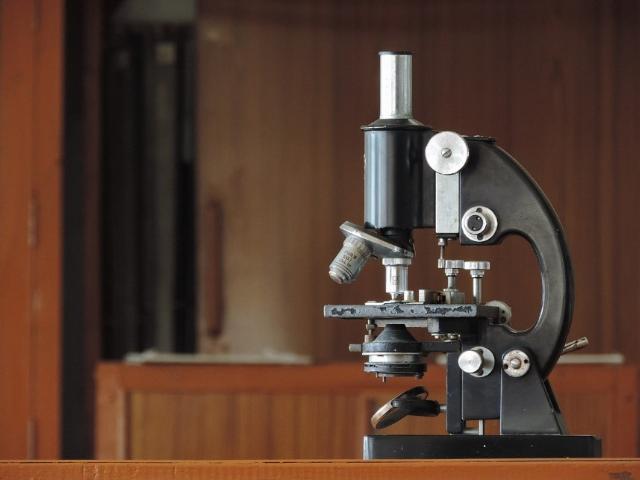‘Follow the science!’ And yet...
At an early age, I was fascinated by science. Physics, chemistry and biology seemed to hold the secrets of reality, and I wanted to make the next big discovery. Then, as I got older, I found that science involves a lot of drudgery. I met a biologist who worked for a large company that made bread. He seemed disappointed. I thought I would be doing something more glamorous, he said to me, but I’m making better bread.
At least he accomplished something. Bread no longer has the huge holes it once had inside many of the loaves. You can now spread jelly evenly on a slice without getting a big “gloop” on the kitchen counter.
Not only was I too lazy to do the hard work of science, but I was too stupid. The scientists I met were reading several books a week, with comprehension. They remembered everything they read. They understood how each detail fit into all the other details of all the other books they read. Me? By the time I get to the end of a chapter, I have forgotten the beginning. I will never be a scientist.
One would think these truly brilliant minds could, by now, have unraveled the mysteries of the universe. To an impressive degree, they have, but there is a problem: they disagree with one another. And that means that for all their amazing powers of intellect, some of them have to be wrong — wrong about the science in which they otherwise excel.
Imagine that. How could Albert Einstein have been wrong? How could Isaac Newton have misinterpreted gravity? And what about the many geniuses of science whom nobody ever heard of, except the other obscure geniuses of science? Their discoveries led to the magnificent technologies we take for granted — but without which we would (metaphorically) still be watching black-and white television on a grainy screen. What about them? Could they, also, be wrong?
Scientists say that something called “dark matter” explains the rotation of galaxies in space —but dark matter does not exist, say others. Likewise, dark energy (D.E.) explains the expansion of the universe, but some scientists say that D.E. does not exist. Big questions remain, and big answers are controversial. Did life begin from lifeless matter? Consciousness from unconscious atoms? Do we have free will, or are we just biological robots that must obey our natural programming? Are we observers of our own lives but not volitional participants?
If we do have free will, then is not the very basis of physics misguided?
If these problems are too esoteric, let’s get down to earth. Are all vaccines safe? Is the COVID vaccine actually an RNA experiment? Masks and distancing did nothing to “slow the spread.” States that locked their citizens down had no better pandemic results than states that did not. Do you question the science?
Why is it that fraud in scientific research is so widespread? Can we trust it?
Lately, scientists such as Neil DeGrasse Tyson cannot even tell us what a woman is. Is it politics over science? Alas, science is like that proverbial woman — can’t live with her, can’t live without her.

Image via Wikimedia Commons, public domain.





